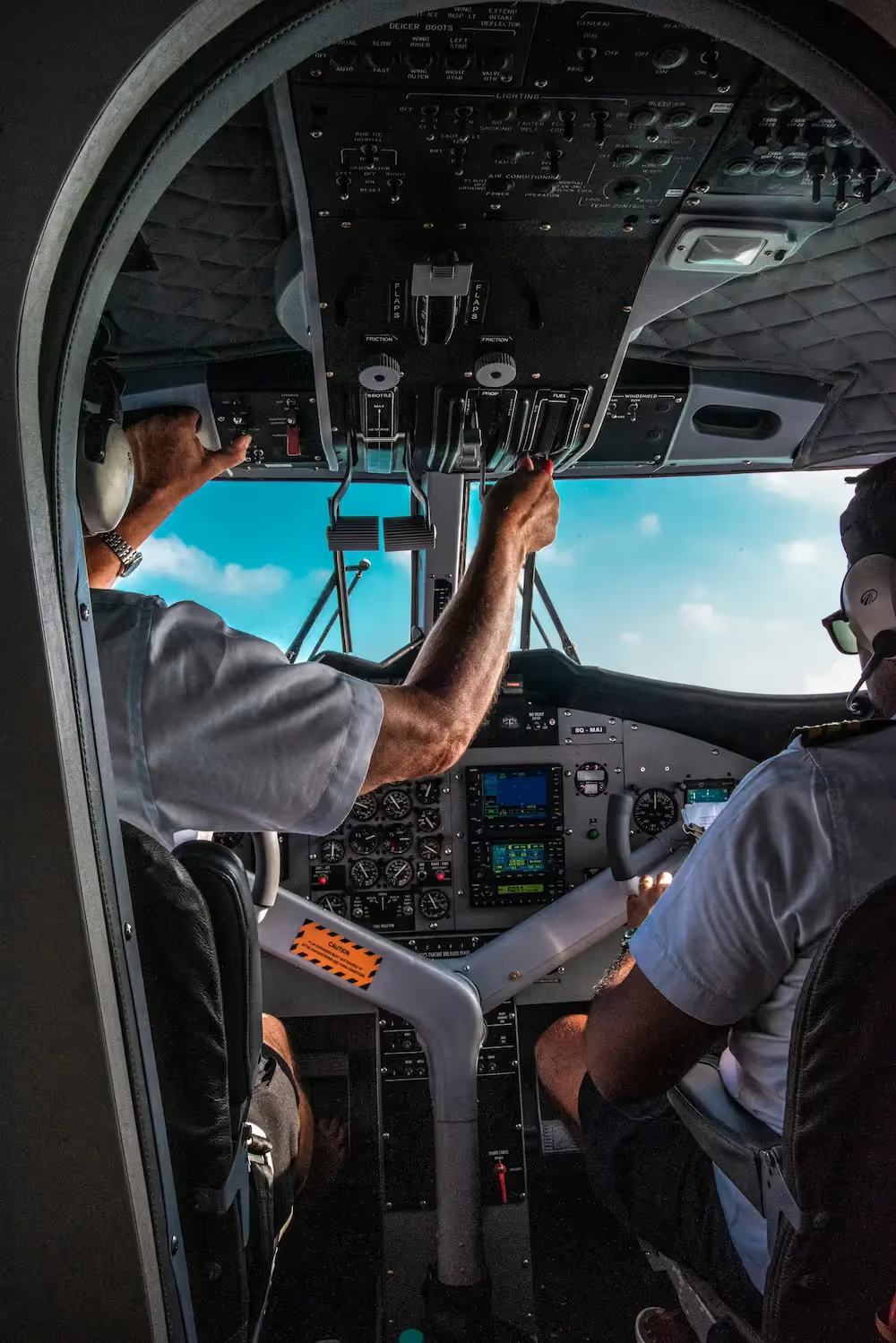Introduction
As we continue to innovate and explore new heights in technology, transportation systems worldwide are changing dramatically. Among these is the fascinating world of aviation science. This multidisciplinary field holds exciting prospects for the future and could potentially transform the way we travel. If you're a prospective university student or currently studying and considering your next step, let's fly into this intriguing field and discover how aviation science is shaping the future of transport.
Responsibility to the Environment
With increasing threats to climate change, the aviation industry is making concerted efforts to become more eco-friendly. Scientists are continuously researching and developing energy-efficient aircraft. For instance, hybrid-electric and fuel-cell aircraft that drastically reduce the carbon emissions are the talk of the town. These innovative, green technologies are set to change the course of aviation history while contributing to a more sustainable earth.
Improving Efficiency
Aviation science is equally focused on improving efficiency levels, leading to faster speeds and lower travel times. The age of the supersonic jet is returning, with aircraft capable of reaching speeds that cut traditional travel times in half. It's no longer just a dream to imagine New York to London in a matter of a few hours, all thanks to advancements in aviation technology.
Revolutionizing Personal Transport
Have you ever imagined a future where flying cars are the norm? Think again, because aviation science is rapidly making that a reality! Innovations such as eVTOLs (electric vertical take-off and landing) vehicles are under development, intending to fundamentally alter personal transport. Concepts that once seemed purely fictional are now becoming tangible, changing the very landscape of our cities and the way we envision travel.
Safety and Security Improvements
An undeniably crucial aspect of transportation is safety, and aviation science is at the forefront in providing safety and security improvements. Advances in GPS technology and collision-avoidance systems mean that air travel is becoming safer. Moreover, with the rise of AI and automation, potential safety risks could be drastically reduced, making for a safer, more secure journey for all.
Enhancing the Passenger Experience
The future of aviation also promises a much more comfortable and personal experience for passengers. Innovations in space utilization, seating design, and cabin environment are all on the table. Soon, we could all be enjoying a more human-centered and relaxing journey, turning what was previously viewed as a stressful experience into something highly enjoyable.
Conclusion
In a world where innovation continues to spur us forward, aviation science is taking the lead, pioneering improvements across various segments. From eco-friendly aircraft to faster travel times, personalized transport, heightened safety measures, and an enhanced passenger experience, the future of transport looks incredibly promising. So, to those embarking on their university journey or delving deeper into advanced education, consider the multifaceted, exciting world of aviation science. This innovative field promises to shape our world in countless ways, and it may just be the ride of a lifetime to join in and influence this path of progress.
















.svg)



